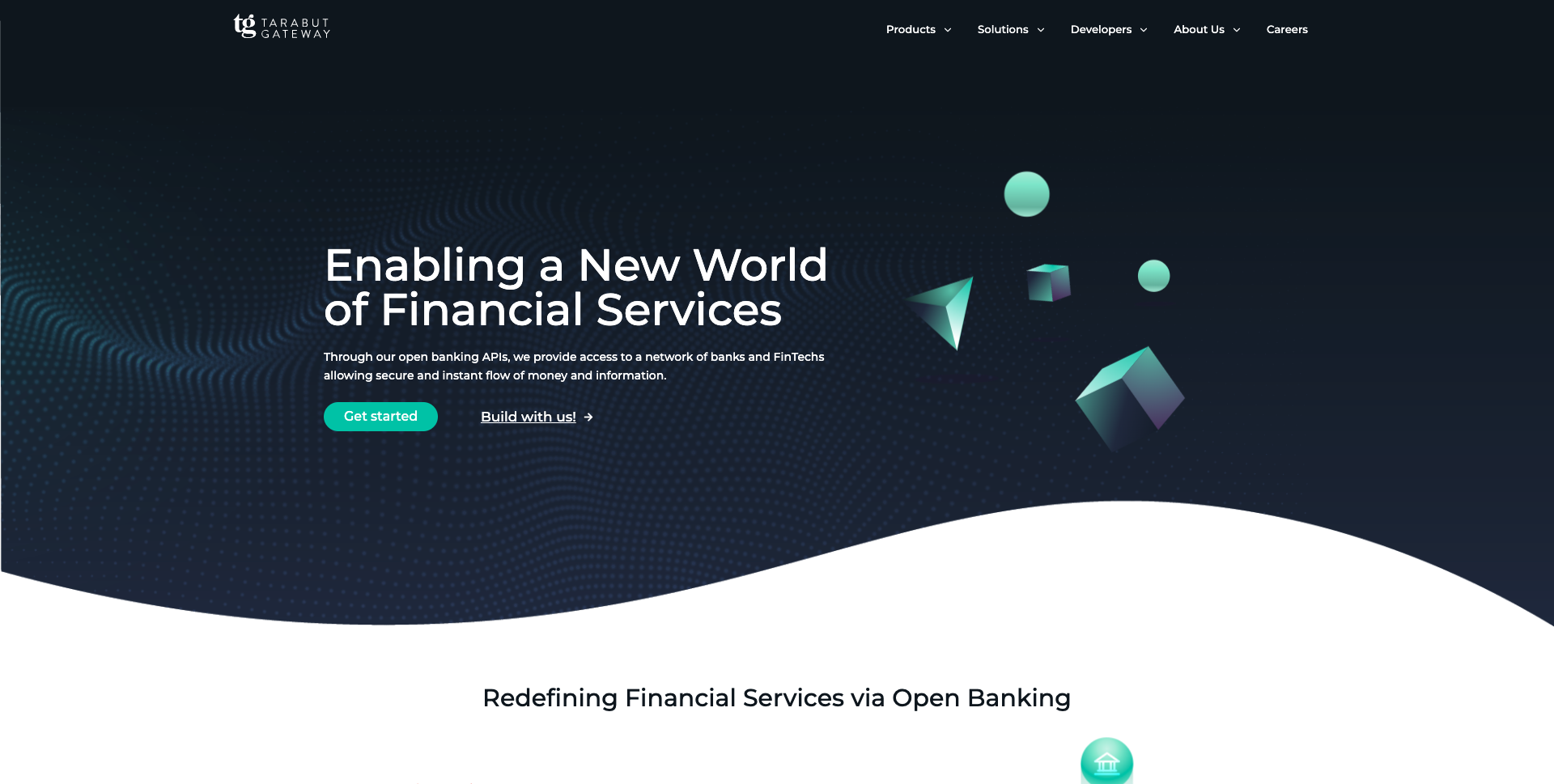

This week, Finovate Global takes a look at fintech developments in Egypt, specifically the story of Cartona.
The company, just over two years old, is a B2B e-commerce marketplace that helps connect retailers with a curated network of suppliers and wholesalers. Cartona secured $12 million in Series A funding this summer, taking its total capital raised to $16.5 million according to Crunchbase.
Our conversation with co-founder and CEO Mahmoud Talaat includes discussion of the company’s role in the Egyptian financial services landscape, the current state of fintech in the country, and his plans for Cartona in the months to come.
Tell us about the founding of Cartona.
Mahmoud Talaat: Founded in August 2020 by Mahmoud Abdel-Fattah, Rafik Zaher and myself, Cartona is a B2B e-commerce marketplace. Cartona offers an asset-light marketplace that enables retailers to order their store needs digitally from a curated network of sellers.
Cartona began with a focus on solving the supply-chain and operational challenges for the fast-moving consumer goods industry (FMCG) by digitizing the traditional, predominantly offline, trade market.
Prior to Cartona, I was a former top executive at leading dairy company Lamar and experienced first-hand the need to make Egypt’s largely offline trade market more efficient. Cartona can greatly improve productivity and reduce waste in time and resources through the impact of its wide-ranging simplified processes.
What in your background gave you the confidence to launch Cartona?
Talaat: Cartona is my third entrepreneurial endeavor. My first job was at Lamar in 2012, back when it was still a startup and the products had not yet been launched. As CCO, I ensured that the new products were fully distributed in the market; handled the operations for many warehouses and created an indirect distribution network.
I then founded Speakol, a native advertising platform that connects publishers with advertisers, back in 2017 whilst still working at Lamar. Speakol currently operates in Egypt, Saudi Arabia, and the UAE, and is a leading native advertising platform, generating around two billion paid views each month.
What role does the company play in Egypt’s financial services industry?
Talaat: Cartona embraces the vision of a cashless society, investing in embedded finance and payments. We offer pay after four days or pay in four equal installments every 7-10 days. We have made sure our product is easy to use and seamlessly integrated into the ‘check-out’ section for ordering, with collection being all digital or through our supplier network. Providing retailers with this technology-integrated financial solution not only boosts financial inclusion but also enables them to grow their business and provide customers with essential products at affordable prices. To supplement our core ordering business, embedded finance is what we believe is a key challenge and we see a clear need for it by retailers in the industry.
Your mission is to digitize Egypt’s traditional trade market. What does this market consist of? How does it operate now? Cash? Cards?
Talaat: Egypt’s trade market is mostly offline, regardless of whether retailers pay distributors through cash or cards. Our aim is to change this by propelling the largely offline trade market into the mainstream digital sphere, thereby streamlining operations for thousands of retailers.
What are the biggest challenges when it comes to digitizing Egypt’s traditional trade market?
Talaat: The execution of any business strategy – especially when it involves modernizing a traditional structure – inevitably comes with day-to-day hurdles as new infrastructure is put in place. But these hurdles are very surmountable and are as much an opportunity as a challenge.
One of the biggest challenges is our own impatience! But we are reassured to see the culture changing and recognizing how digitalization and supply chain innovation can have a tremendous impact in increasing efficiency. This is proven by our rapid scaling in a short period of time. We now work with 200 FMCG companies and have 60,000 users.
Your company recently secured $12 million in Series A funding. What does this accomplishment mean and what will the investment empower?
Talaat: The $12 million we recently raised in Series A funding will enable us to continue to build a strong, digitally connected network of retailers which is currently in the tens of thousands. The proceeds will further aid our nationwide expansion beyond the nine governorates in Egypt where we currently operate and help us grow our team and explore new verticals – expanding beyond our current FMCG-heavy product base.
Cartona prides itself in being “asset-light” and “capital-efficient.” What does this mean and why is it important?
Talaat: As an asset-light business built on enhancing agility, we do not own a single asset or vehicle we distribute. We are also capital efficient in the sense we balance spending on growth with having a clear path to profitability. We optimize capital to achieve this, and the consequent demonstrable, solid unit economics sets us apart. We are thus focusing on the basics – cost price + profit margin = selling point.
What is something about fintech in Egypt that outsiders may be surprised to learn?
Talaat: The fintech sector in Egypt specifically, is highly promising and has witnessed unprecedented growth in the last few years, being one of the MENA’s fastest growing sectors. The exciting aspect is that we’re still scratching the surface with fintech in the region. It still has great potential and can revolutionize some well-established industries that are still untouched.
What can we expect from Cartona in the months to come?
Talaat: The coming period will be a time to focus on internal and external growth. As already mentioned, we are focused on bringing our revolutionary role of digitizing the trade market to millions more people.
To date, we have grown our team to over 500 people, we are also prioritizing hiring more talent to help us reach our ultimate vision – empowering all stakeholders of Egypt’s traditional trade market.















